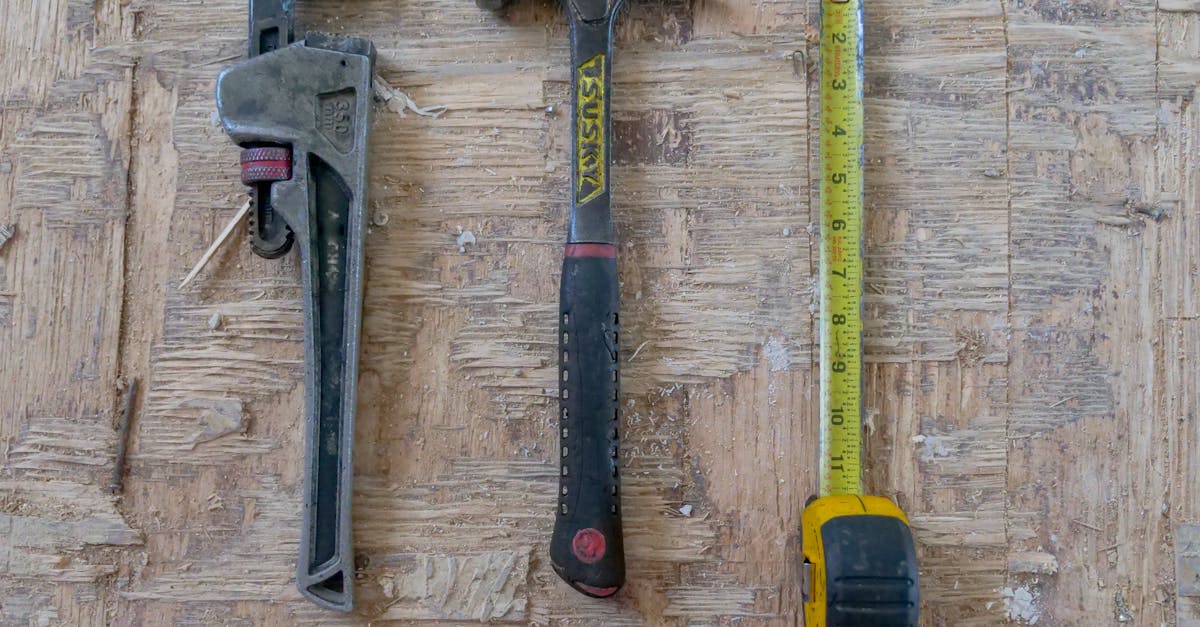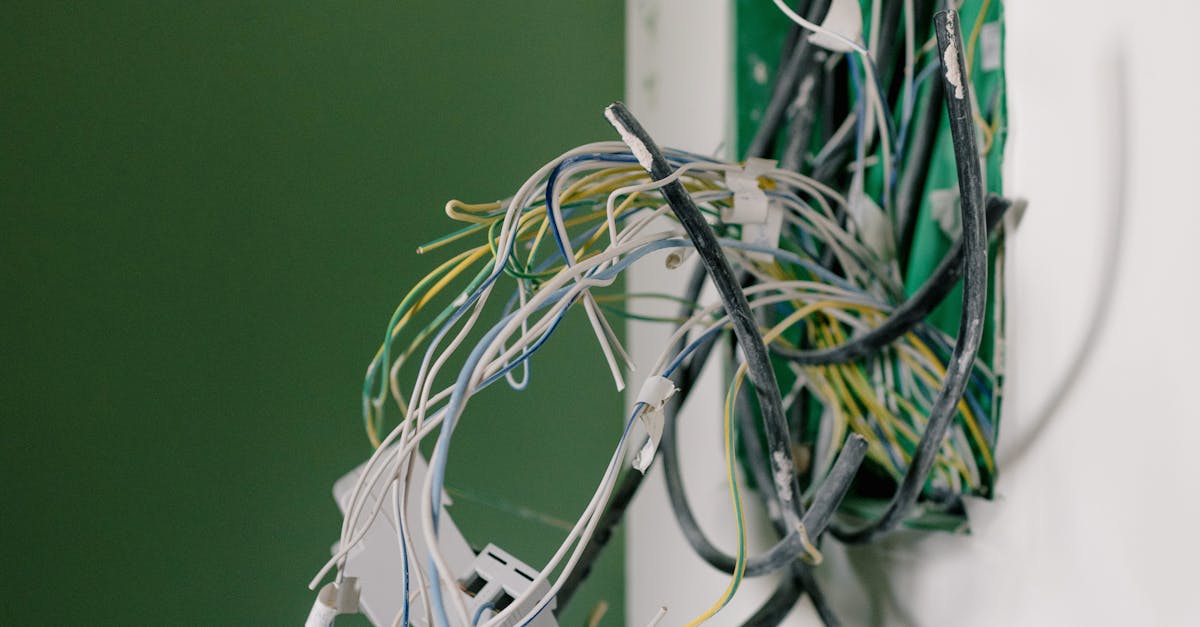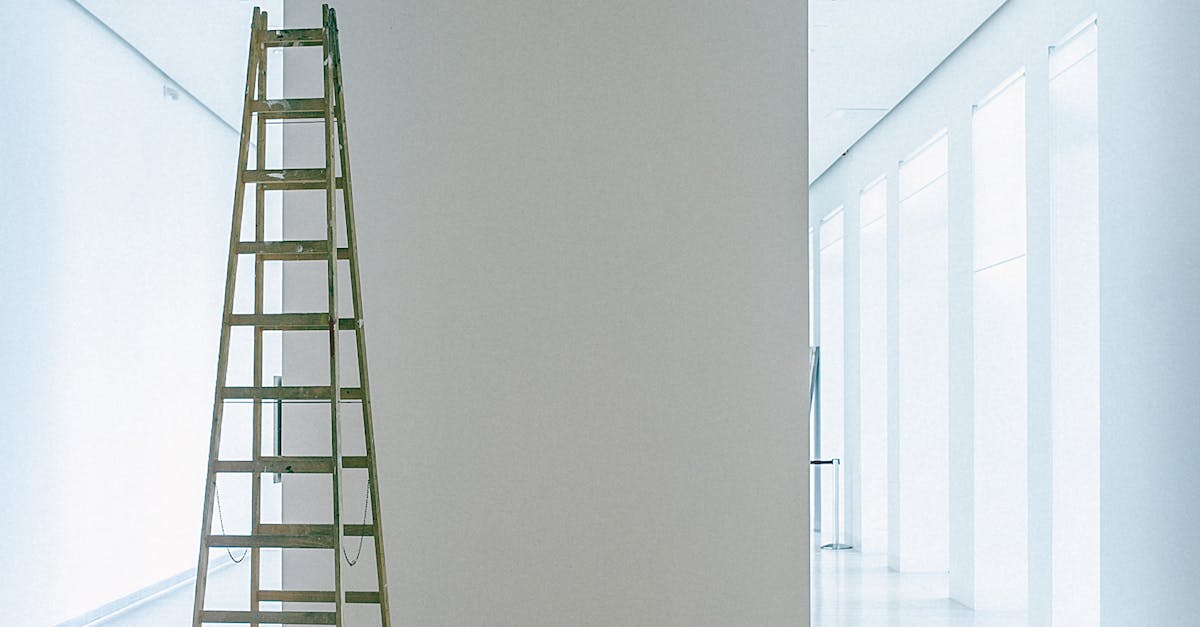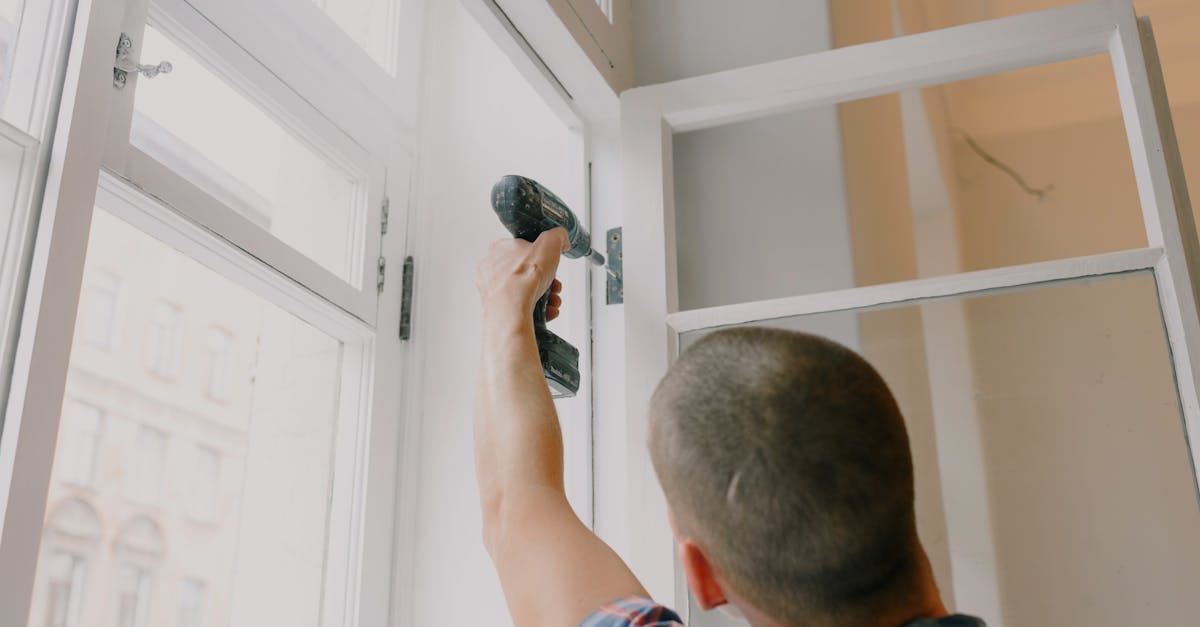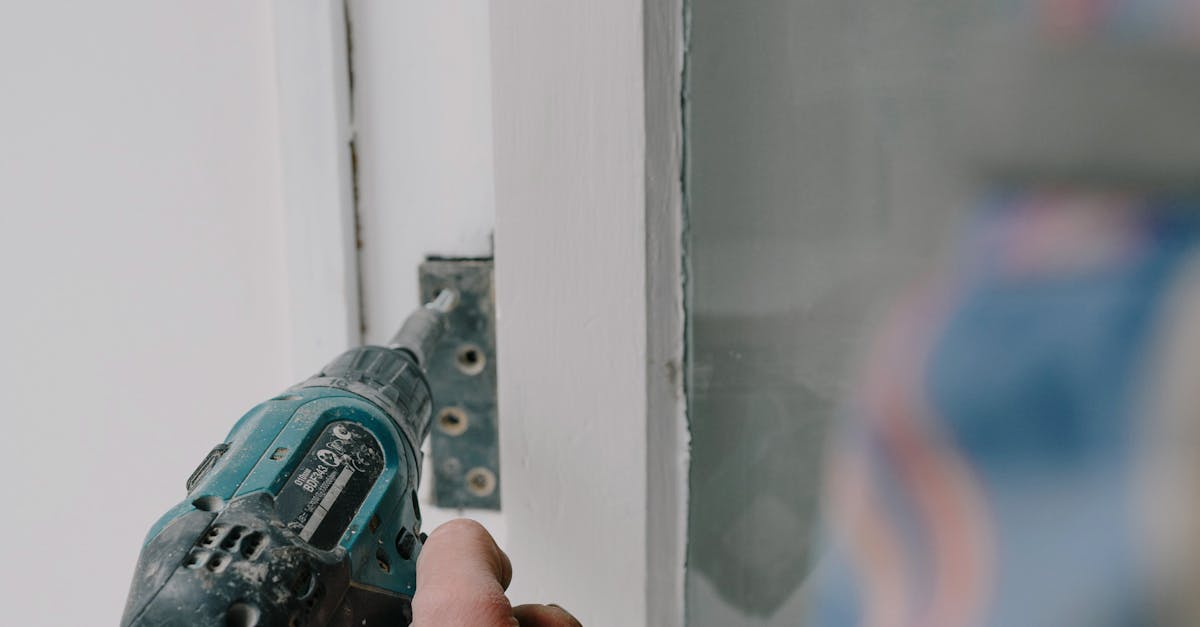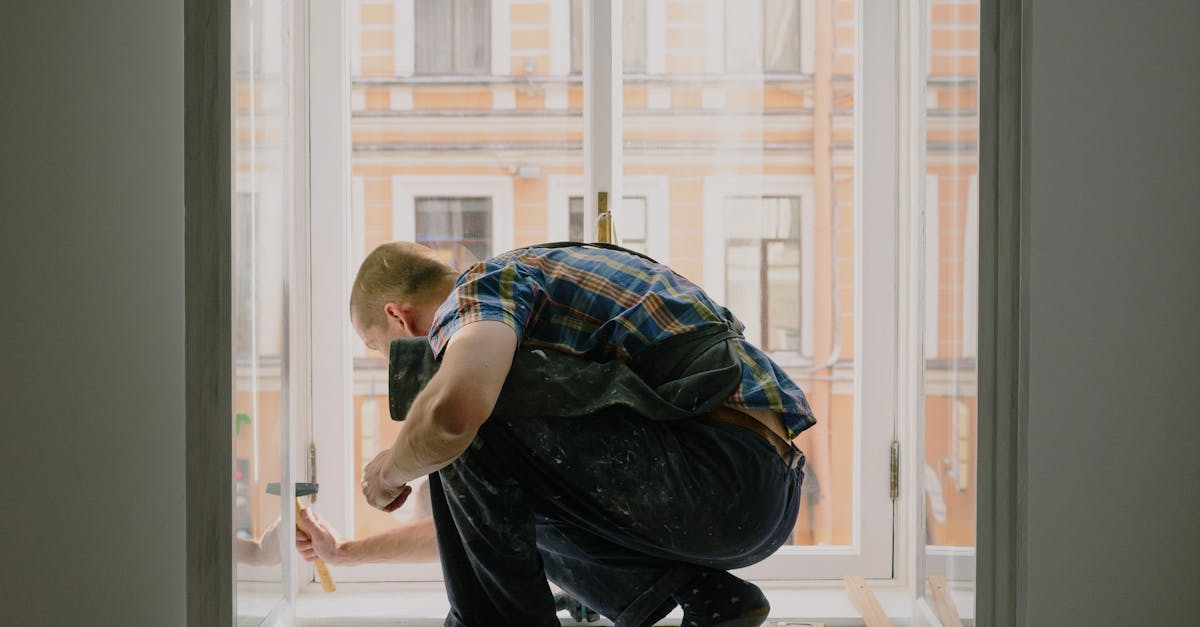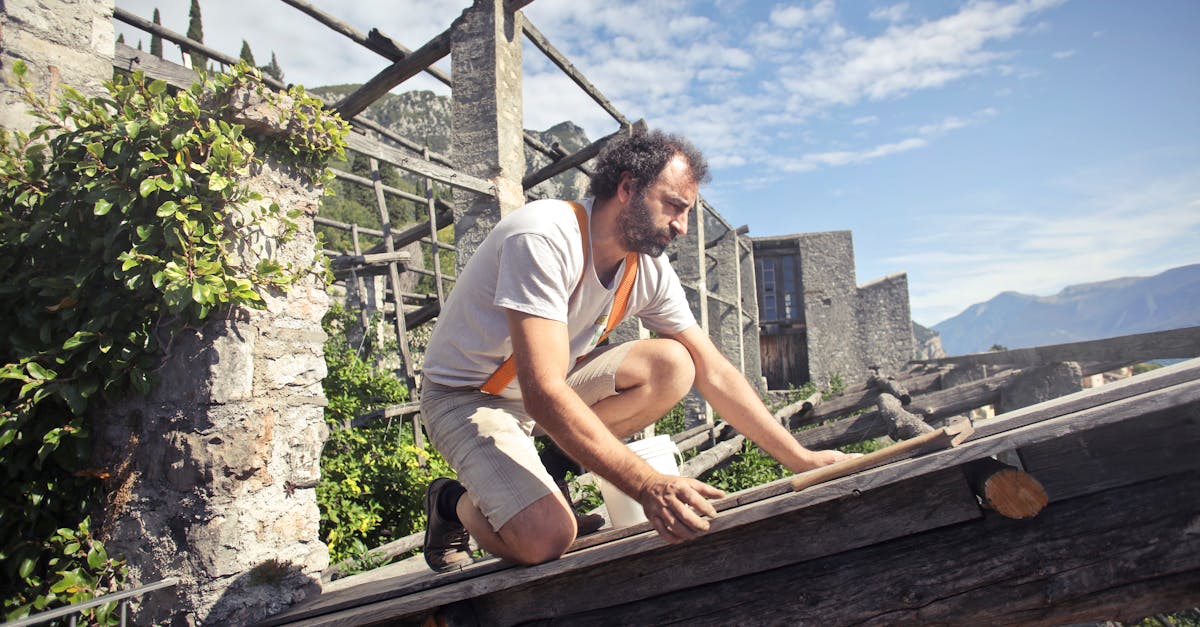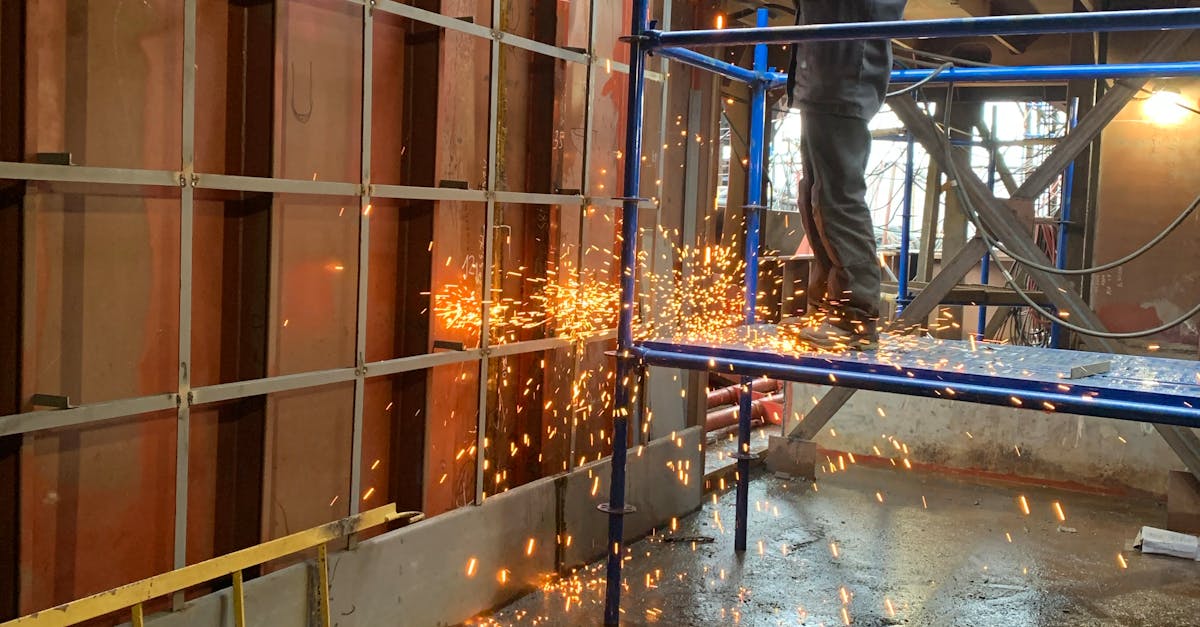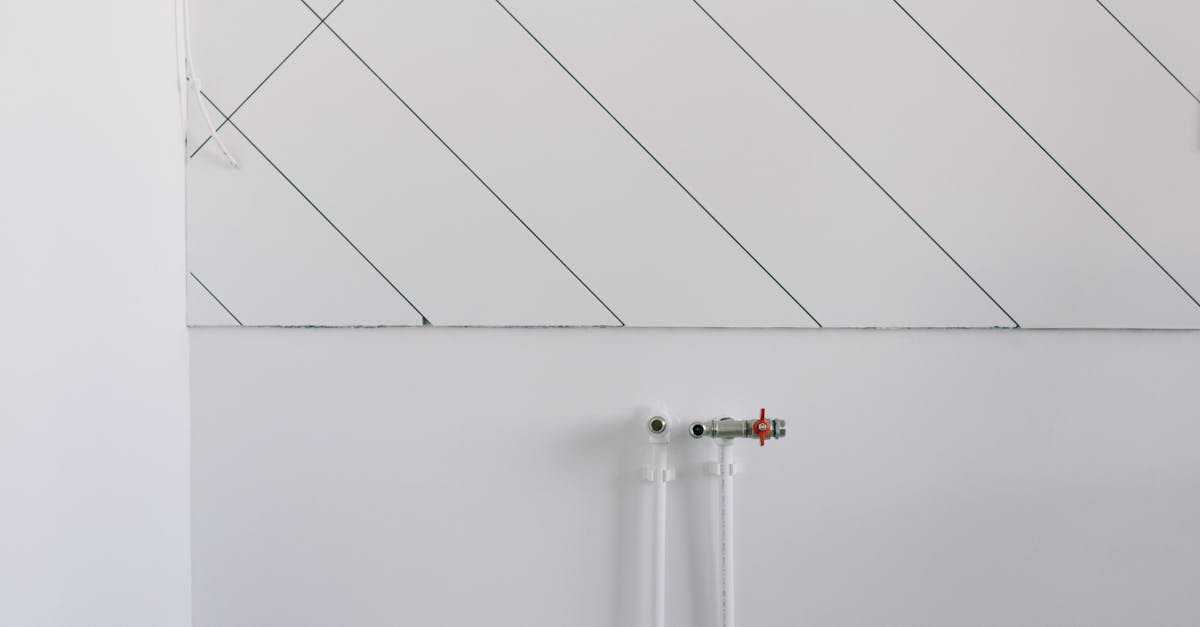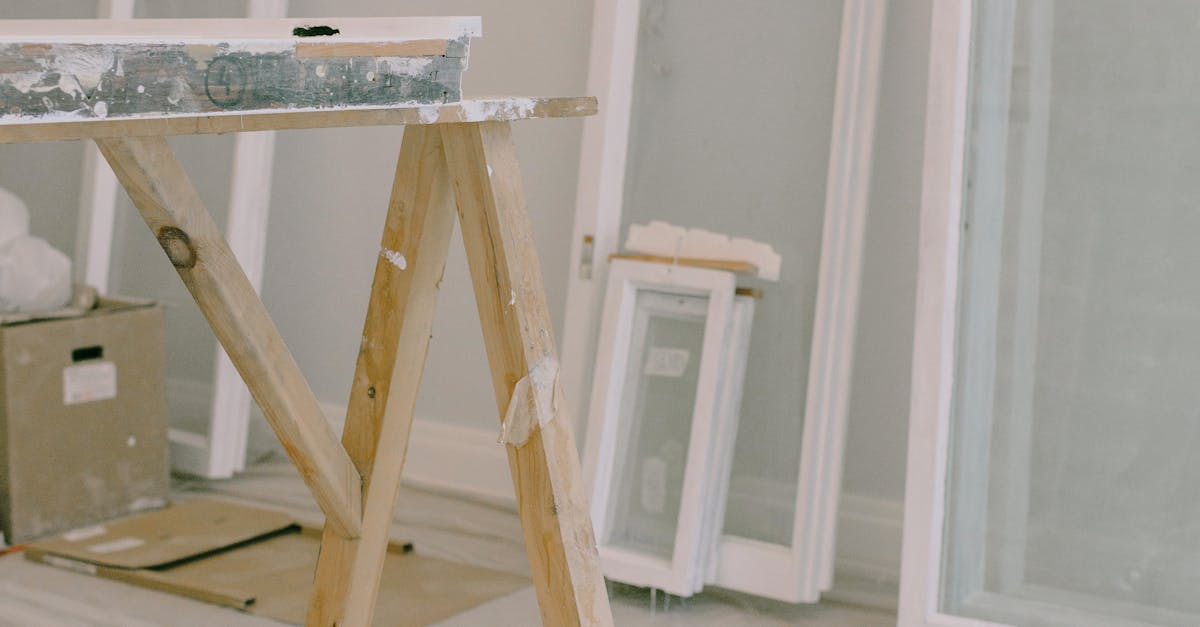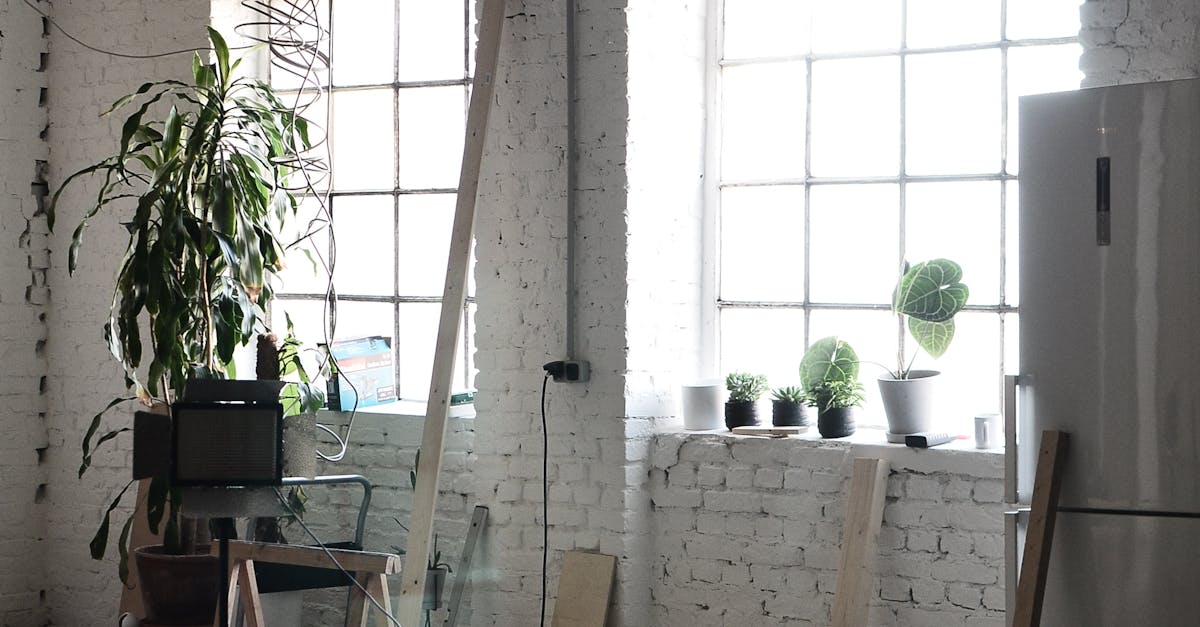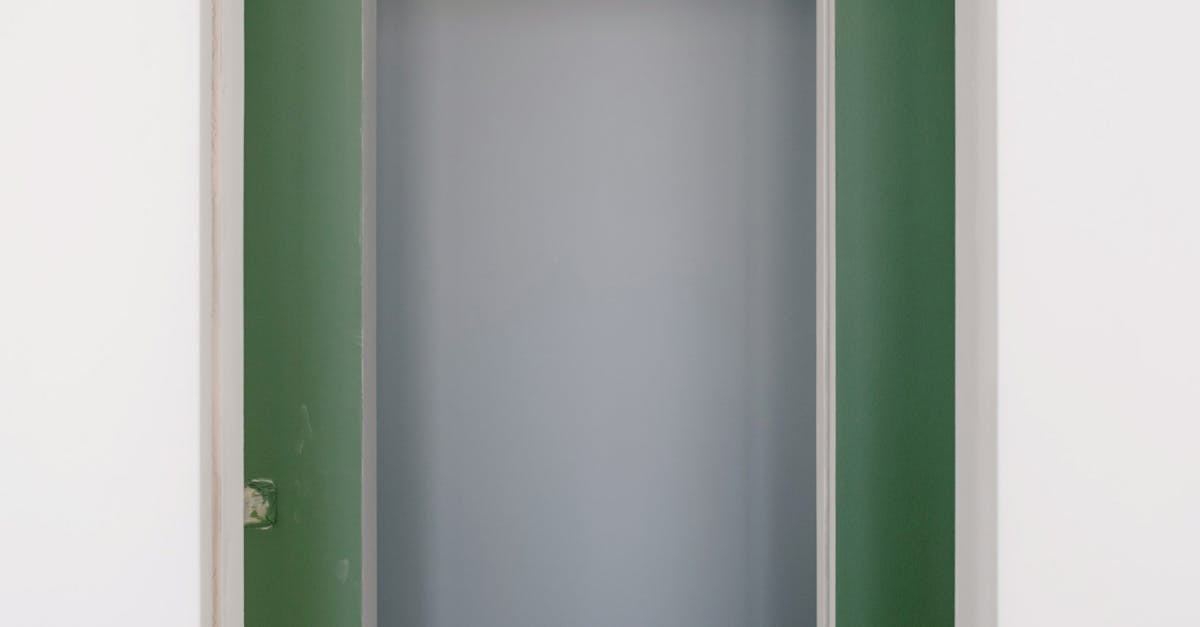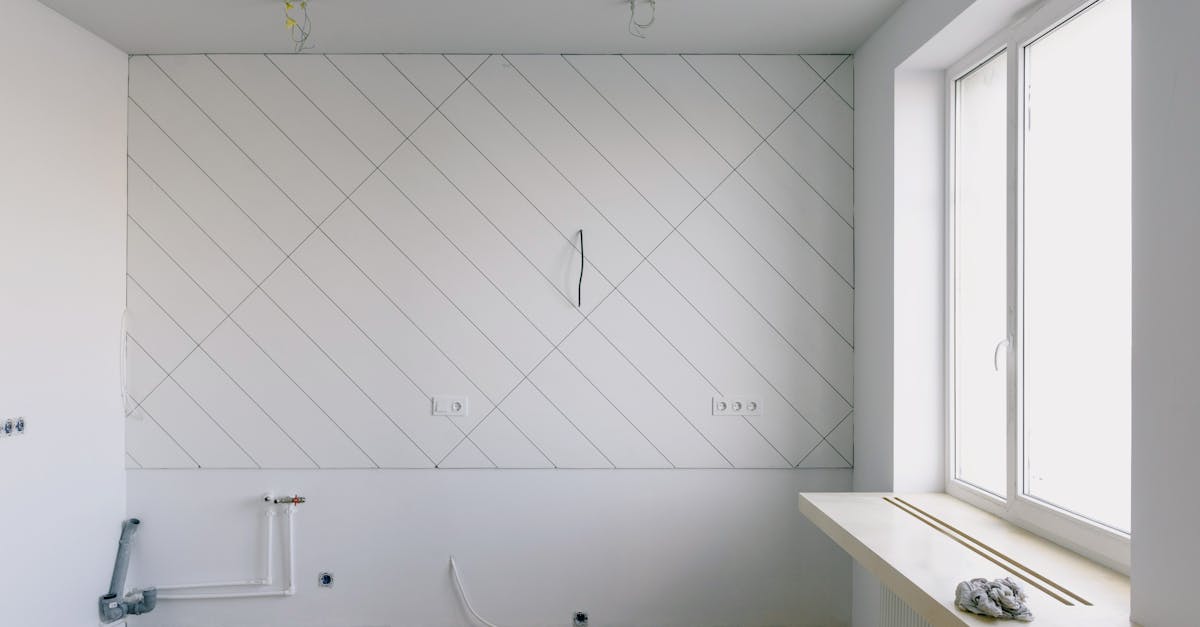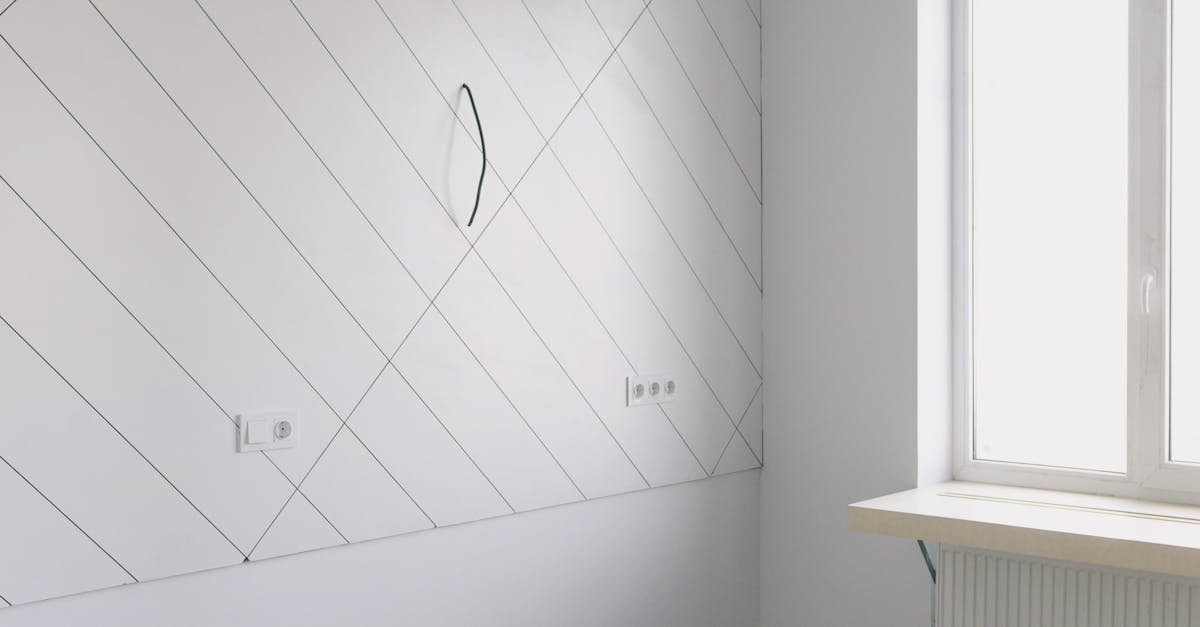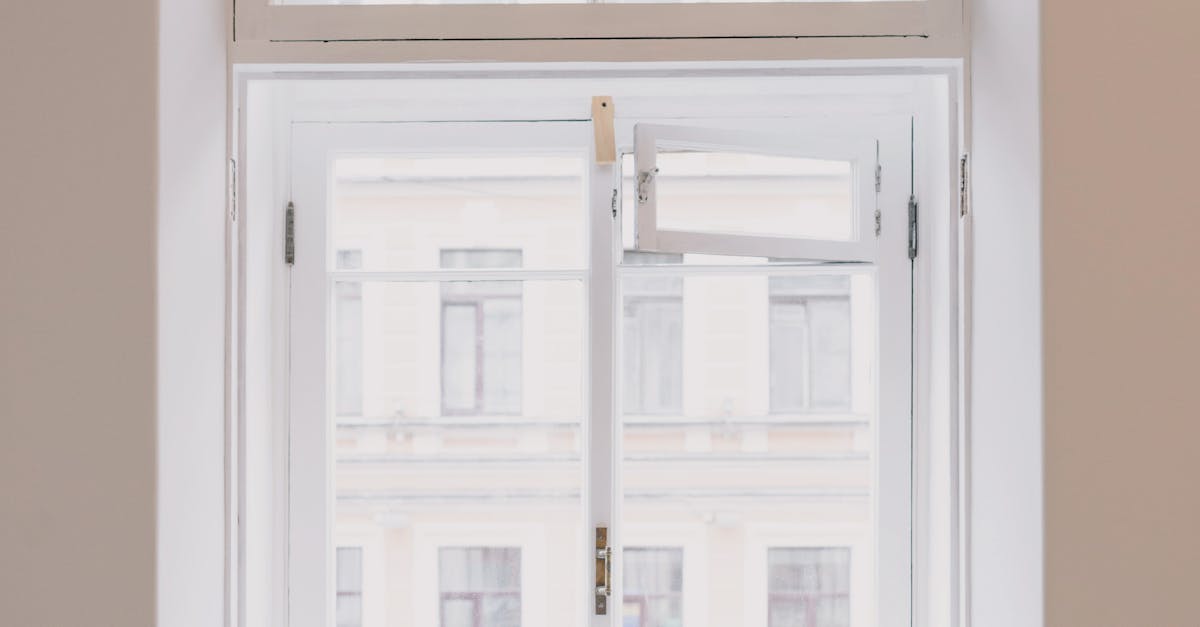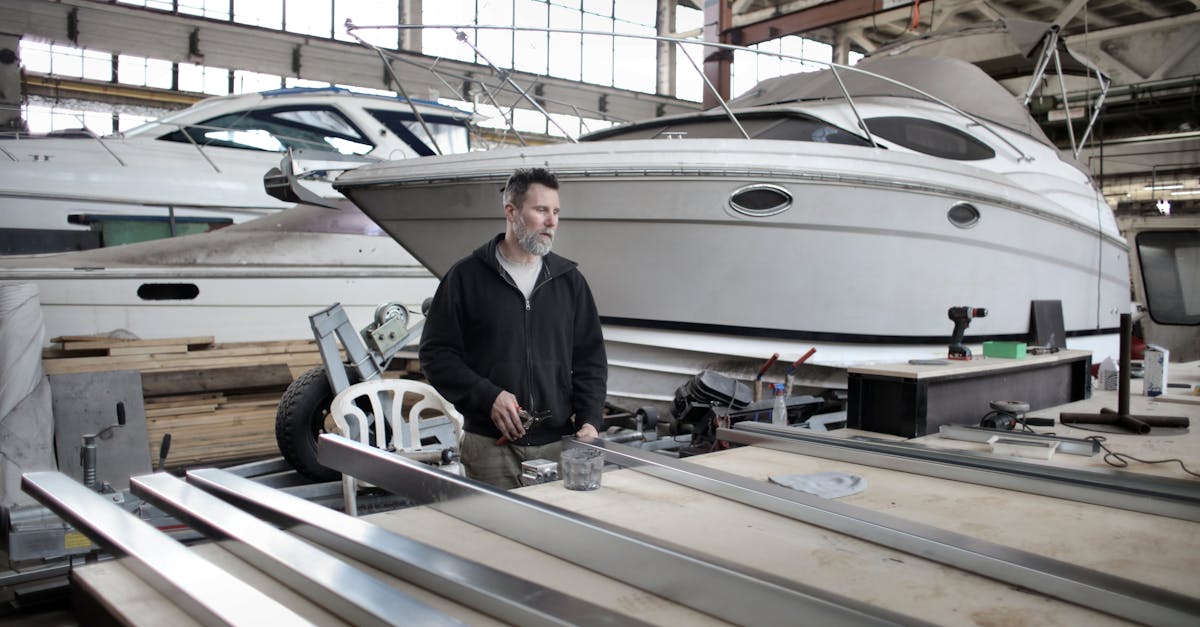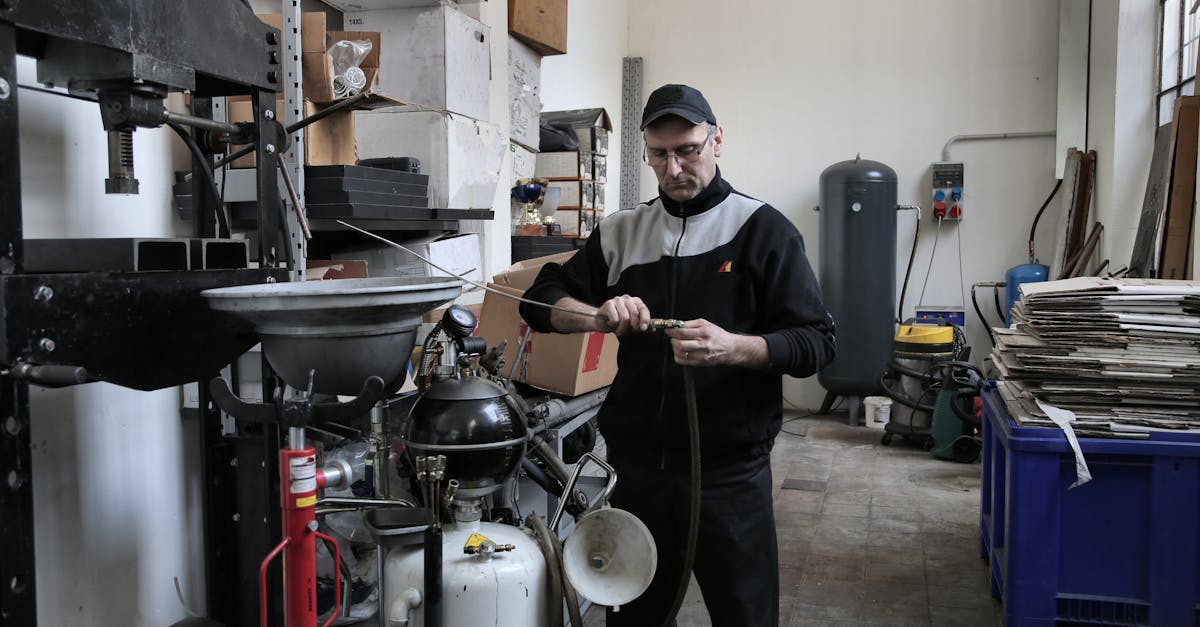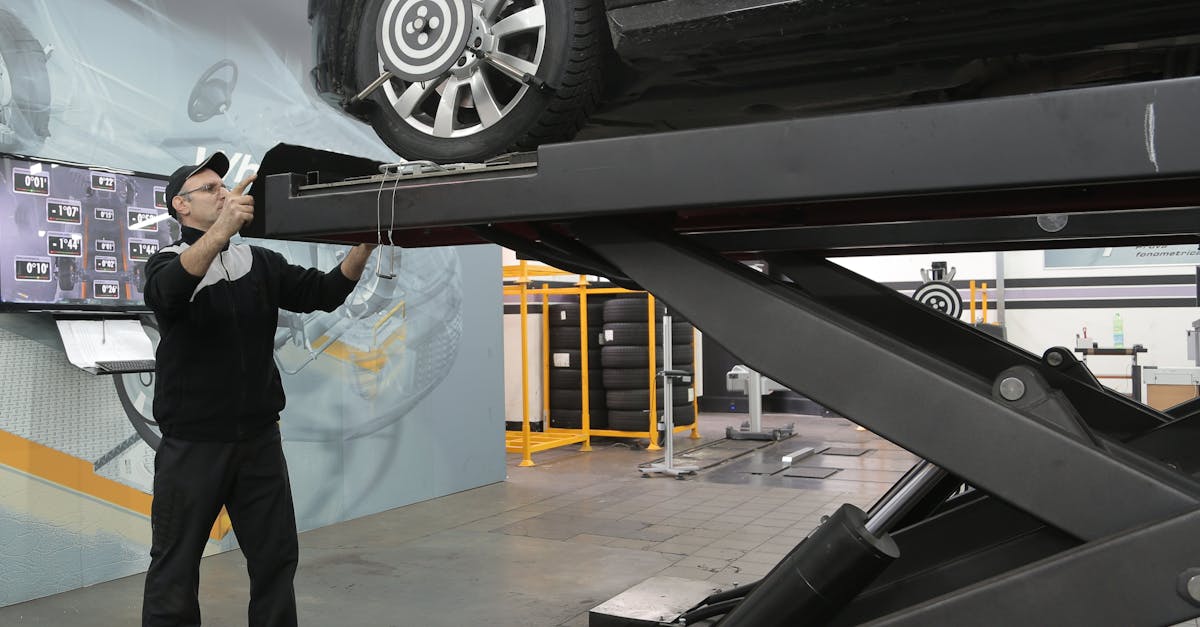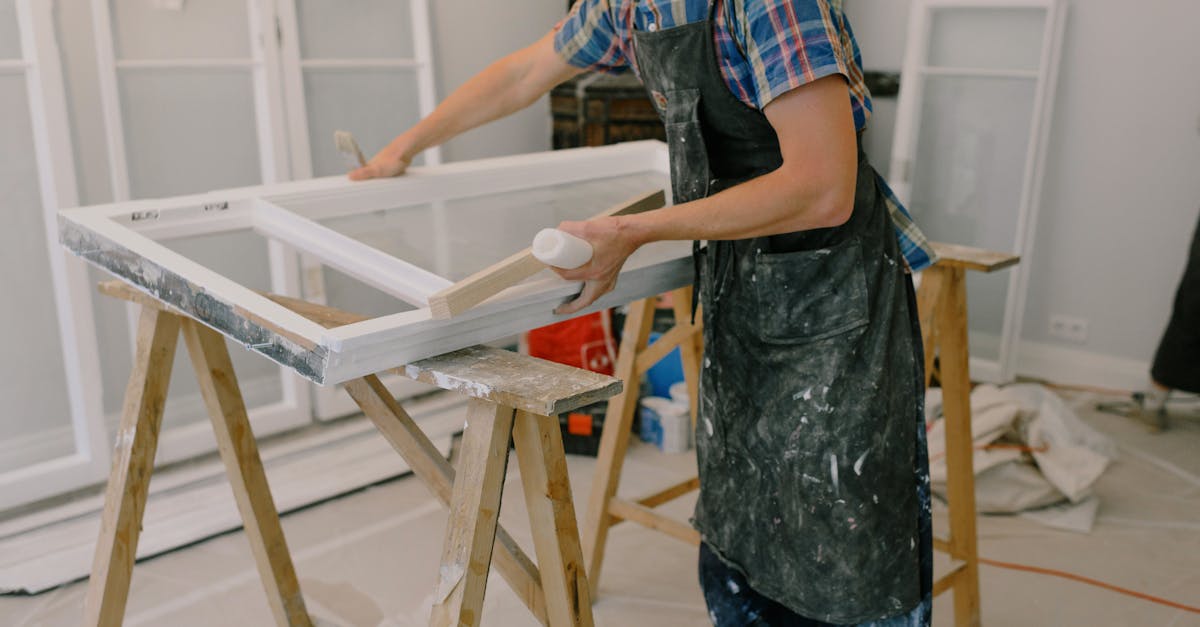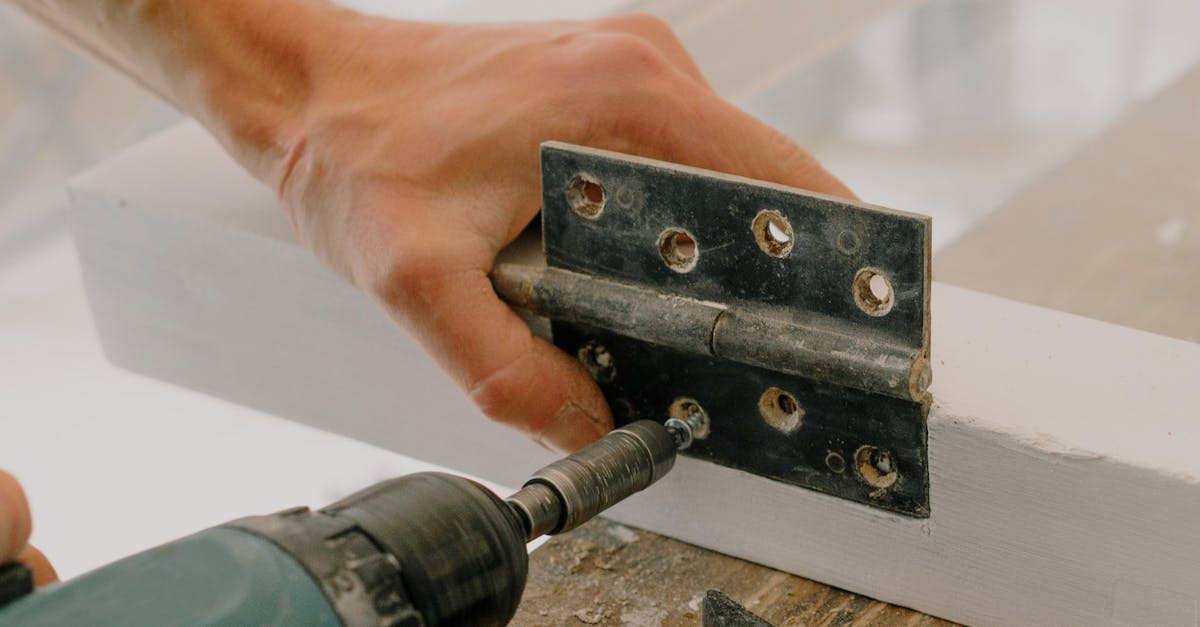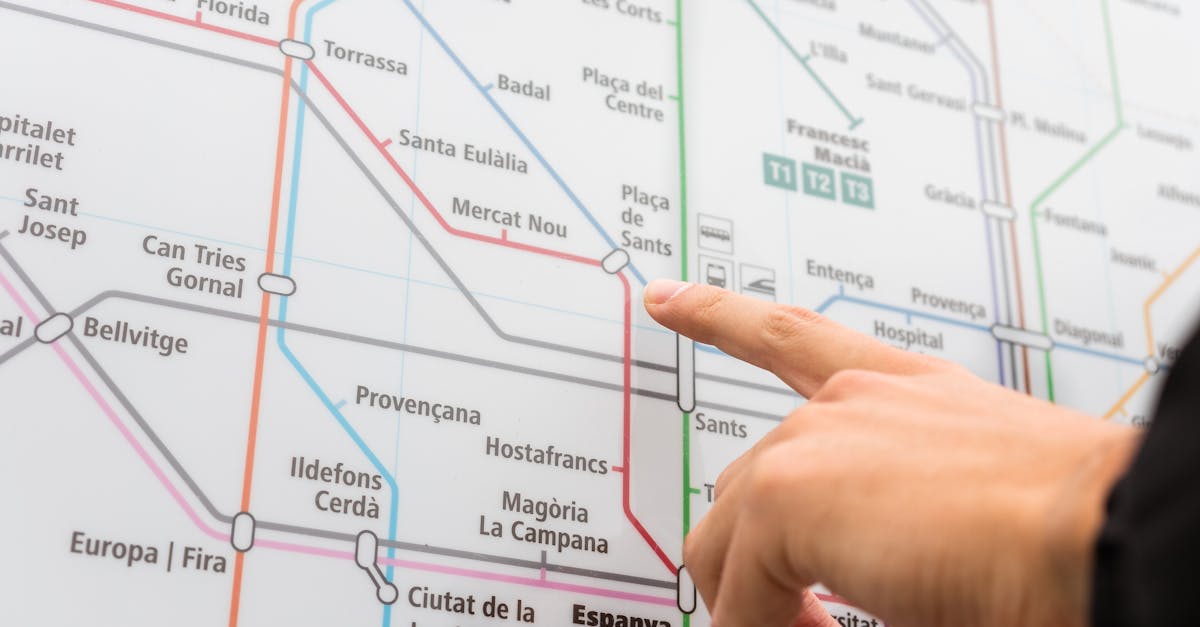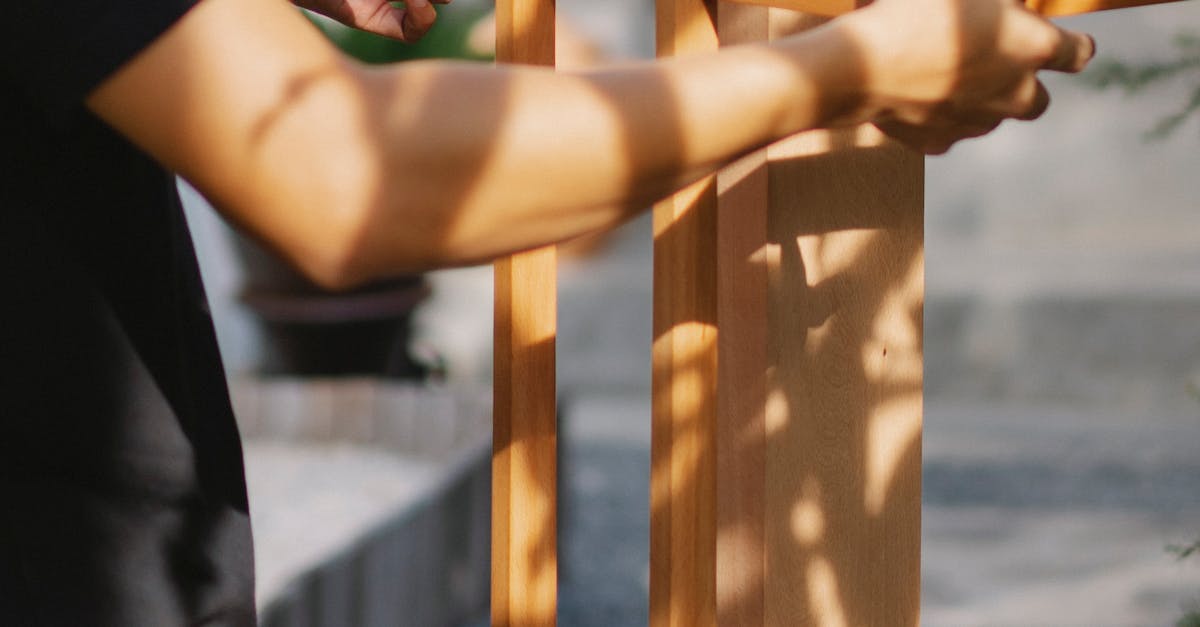
Table Of Contents
Common Misconceptions
Many homeowners assume they can freely connect to a sewer line without seeking permission from local authorities. This misconception often leads to costly mistakes and potential legal issues. Some believe that since sewer lines are buried underground, they can access them whenever necessary. However, regulations surrounding sewer line installation and repair exist to ensure public health and infrastructure integrity.
Another common belief is that informal arrangements or verbal agreements with neighbours suffice for connecting to a sewer. This misconception disregards the established processes that local councils enforce for sewer connections. Securing the appropriate permits is crucial, as it often involves adhering to specific guidelines and technical standards for infrastructure work. Failure to comply risks not only penalties but also jeopardises the effective functioning of the municipal sewer system.
Clarifying Myths About Sewer Access
Many homeowners believe that connecting to a sewer line is a straightforward process that requires no oversight. This notion is misleading as local authorities typically regulate sewer line installation and repair to ensure compliance with health and safety standards. Individuals might assume they can connect to the nearest main sewer without consulting their local council, which can lead to potential issues down the track.
Another common myth is that the costs associated with obtaining permission are exorbitant. While there may be fees involved, these charges are often justified by the importance of maintaining an efficient and safe sewage system. Engaging with local authorities before undertaking sewer line installation and repair can ultimately save homeowners money by avoiding costly penalties or required remedial work due to unauthorised connections.
Consequences of Connecting Without Permission
Connecting to a sewer system without the necessary permissions can lead to a range of serious consequences. Property owners may face fines imposed by local councils or water authorities, deterring unauthorised connections. Additionally, improper connections can compromise the integrity of existing sewer infrastructure, leading to potential environmental hazards such as contamination of local water sources.
Sewer line installation and repair performed without following established regulations may result in costly remediation efforts. If issues arise from an unapproved connection, property owners could be held responsible for the damage caused. As a result, engaging in the proper permitting process not only ensures compliance with local laws but also protects individual investments in real estate.
Potential Legal Ramifications
Connecting to a sewer without proper authorisation can lead to significant legal consequences. Local councils enforce regulations to manage sewer systems and ensure compliance with health and safety standards. If an unauthorised connection is discovered, property owners might face fines or be required to restore the site to its previous state. Such repercussions can add to the costs related to sewer line installation and repair.
Legal disputes may arise if a property owner improperly connects to an existing sewer line. This could result in claims from neighbours or the local authority, particularly if the connection causes disruptions or environmental hazards. The potential for costly litigation emphasises the importance of securing the necessary permissions before proceeding with any sewer line installation and repair projects.
Local Authority Involvement
Local councils play a crucial role in overseeing sewer line installation and repair. They have regulations in place to ensure that connections to the sewer network are made legally and safely. Those considering connecting to a sewer must consult their local authority to obtain the necessary approvals. This process may involve submitting plans and undergoing inspections to guarantee compliance with established standards.
Understanding your council's role is vital for residents planning any work related to sewer access. Councils provide guidance on the appropriate processes and standards that must be adhered to, as well as any relevant fees that may apply. Engaging with local authorities not only helps facilitate a smoother connection process but also minimises potential legal issues surrounding unauthorised sewer access.
Understanding Your Council's Role
Local councils play a crucial role in regulating sewer line installation and repair within their jurisdictions. They establish guidelines to ensure that any connection to the public sewer system meets safety and environmental standards. Homeowners or developers must usually submit plans to the council for approval before proceeding with any work. This process helps maintain the integrity of the sewer system and mitigates potential risks associated with improper installations.
Additionally, councils often have specific procedures in place for inspections and compliance checks. These measures are designed to ensure that all connections comply with local regulations and are performed by qualified professionals. Failure to adhere to these guidelines can lead to penalties and complications for property owners. Therefore, understanding one’s local council's role is essential for anyone considering sewer line installation and repair.
FAQS
Do I need permission to connect my property to the sewer system?
Yes, in most cases you need to obtain permission from your local authority before connecting to the sewer system to ensure compliance with regulations.
What are the consequences of connecting to the sewer without permission?
Connecting without permission may result in legal penalties, fines, and the requirement to remove or alter the connection, potentially leading to additional costs.
How can I find out if I need permission to connect to my local sewer?
You can check with your local council or authority, as they can provide specific guidelines and requirements pertaining to sewer connections in your area.
What should I do if my application to connect to the sewer is denied?
If your application is denied, you should seek feedback on the reasons and consider addressing those issues or appeal the decision, if applicable.
What role does my local council play in sewer connections?
Your local council is responsible for regulating sewer connections, ensuring compliance with health and safety standards, and maintaining the integrity of the sewer infrastructure.
